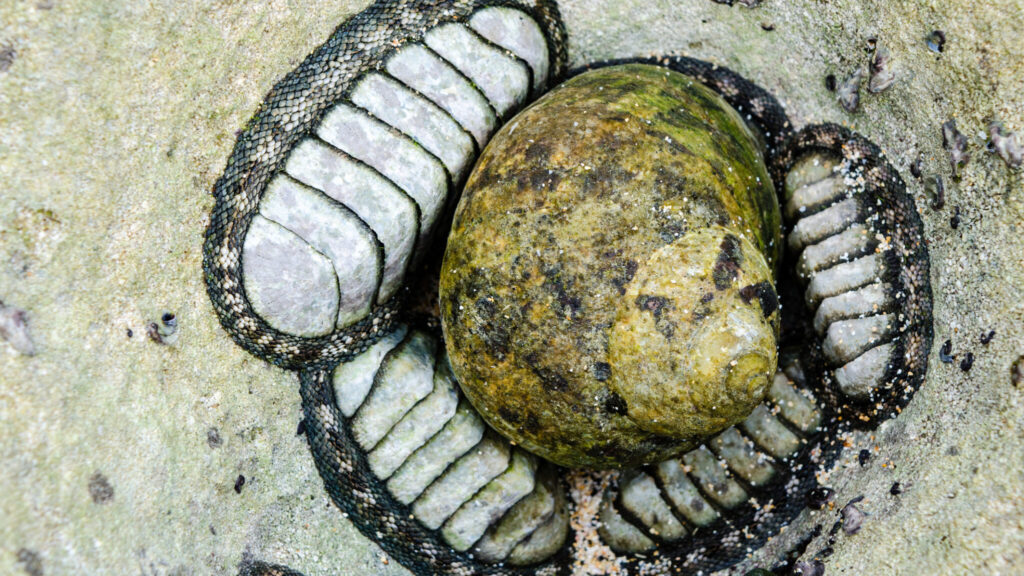
With advances in bioengineering, researchers are continually looking to nature for materials with exceptional properties. Their latest focus is on marine mollusks called chitons and their ability to grow extraordinarily hard, wear-resistant teeth.
Scientists from the University of California, Irvine, along with collaborators at Japan’s Okayama and Toho universities, have uncovered for the first time the biological process that enables chitons to grow teeth harder than human enamel and even some advanced industrial ceramics.
“The fact that these organisms form new sets of teeth every few days not only enables us to study the mechanisms of precise, nanoscale mineral formation within the teeth,” said co-author David Kisailus, UC Irvine professor of materials science and engineering.
“But it also presents us with new opportunities for the spatially and temporally controlled synthesis of other materials for a broad range of applications, such as batteries, fuel cell catalysts and semiconductors,” Kisailus added.
“This includes new approaches toward additive manufacturing — 3D printing — and synthesis methods that are far more environmentally friendly and sustainable.”
Read related story: Regrowing teeth? Two Manitoba scientists draw inspiration from tropical fish’s regenerative abilities
Related story: Review says eggshell-derived hydroxyapatite shows promise as dental biomaterial
Related story: U.S. scientists grow human-like teeth in pigs, advancing bioengineering
“By combining biological and materials science approaches through collaborative global efforts, we’ve uncovered how one of the hardest and strongest biological materials on Earth is built from the ground up.”
Iron-binding proteins
The team recently published their findings in Science. Their study showed how chiton-specific iron-binding proteins (RTMP1) are precisely transported via nanoscale tubules into the forming teeth. These proteins bind with chitin nanofiber scaffolds and iron stored in ferritin, guiding the deposition of magnetite nanorods that give the teeth extraordinary hardness, stiffness and magnetic properties.
“By combining biological and materials science approaches through collaborative global efforts, we’ve uncovered how one of the hardest and strongest biological materials on Earth is built from the ground up,” Kisailus said.
There are more than 900 chiton species worldwide, mostly found in intertidal coastal regions. The chitons studied in this research are much larger and live along the northwest coast of the United States and off Hokkaido, Japan.
The project received funding from the U.S. Air Force Office of Scientific Research and the Army Research Office.

